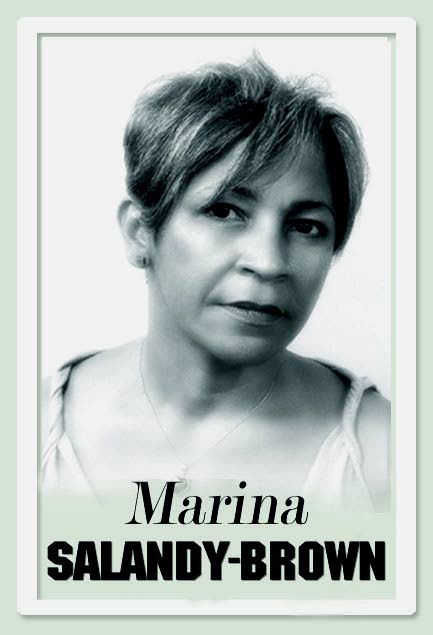The politics of resentment

“Go back where you came from” is a well-known taunt that one did not have to wait to be told in some foreign country where one is a minority. I heard that command as a child in relation to one of our native, so-called evil spirits.
Last week, the US president advised four US Congresswomen of colour that they should return to the poorly governed countries they came from.
Alas, all but one were born and bred in the USA, and the only African-American amongst them has US roots extending further back than his.
Is President Trump a racist and did he speak the truth about the USA? The House condemned his remarks as racist. Many would argue that the great USA has certainly lost its shine under the present administration and Mr Trump inadvertently spoke a very loud truth. Did he insult the governments of Somalia, Palestine and Puerto Rico, where the Congresswomen’s families originated? Yes, but does he care?
No, because those countries do not supremely matter to the USA for trade.
In the end, racism is a form of stupidity, and it is corrupt and baseless because it is founded on opportunism – social, political and economic opportunism. I was taught this whilst still a very young woman. It was the gloomy days of apartheid in South Africa and the demonstrations outside South Africa House in London had not yet started growing in size, as the demand to free Nelson Mandela had not yet become loud and persistent.
I found myself in a small first-class cabin on an Iberian Airlines flight to Madrid to be interviewed for a job. A pleasant and friendly woman sat next to me. As our conversation roamed I discovered that she was a white South African and I learned that black people were stupid and idle, that they were like children and had to be treated as such.
I reasoned that because of where we were, my subtle but expensive attire and the fact that I lived in London but spoke Spanish, she had made her own assumptions about me. My apparent socio-economic circumstances had made my brown skin fade and I became an honorary white in her mind.
In those Cold War days in South Africa, the Japanese were honorary whites and the Chinese were black. It is as opportunistic as President Trump’s warm bedfellow relationships with certain economically or strategically important but dubious heads of state and his penchant for suspending all moral judgement in relation to them.
Populist politics is becoming appealing again and it is no accident that racism and populism go hand in hand, because populism, essentially, is the politics of us and them; either of the right or left of the political spectrum. It seems based on a visceral, negative reaction to the status quo, whatever that might be.
Right now, the enemy seems to be the practice of liberal democracy that blossomed after World War II and the globalisation that took hold and shaped our present international values and systems. Something has gone radically wrong for people to be losing faith in that project, aimed at closing the gap on difference, finding a level playing field, opening up of world trade and avoiding aggression.
Maybe the view is correct that the very many technological changes of the last few decades that have freed women, changed the nature of the workplace, reduced the size of the labour market, introduced myriad ethnic groups to other host countries around the world and created new socio-political movements such as feminism, gay rights, multiculturalism, environmental warriors, etc, have caused a sense of trepidation in people that has not been acknowledged or adequately articulated by established politicians and their parties.
And not to be underestimated is the impact of the international financial crisis caused by corruption in the international banking system, which led to mass personal losses and ruination from which we have not yet recovered.
This has all happened alongside a policy of openness that runs counter to a growing feeling amongst communities that they cannot control their destiny or exercise their autonomy. It has bred deep resentment.
Political analysts believe that populism taps into what the great Argentine writer Luis Borges called “united terror.” and that seems to make sense.
So when leaders like Donald Trump promise to drain the swamp and make America great again and Col Duerte in Philippines, presidents Bolsonaro in Brazil and Orbán in Hungary say similar things, and UK Brexiters promise sealed borders, people buy into the slogans that feed their disappointment with and resentment of the status quo and everything that led to it.
The question is, how do we stall those worrisome political movements that feed off resentment and fear?
I would say rejecting the language of division is a good start.


Comments
"The politics of resentment"